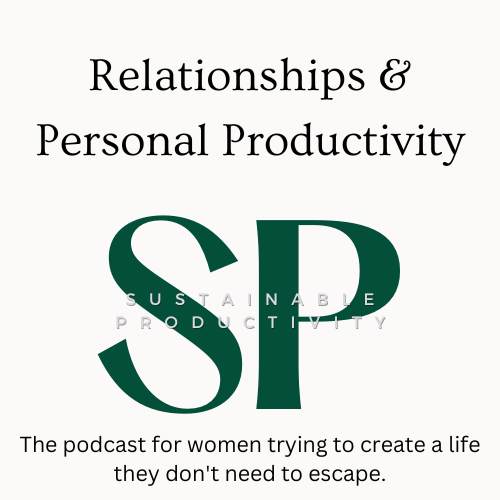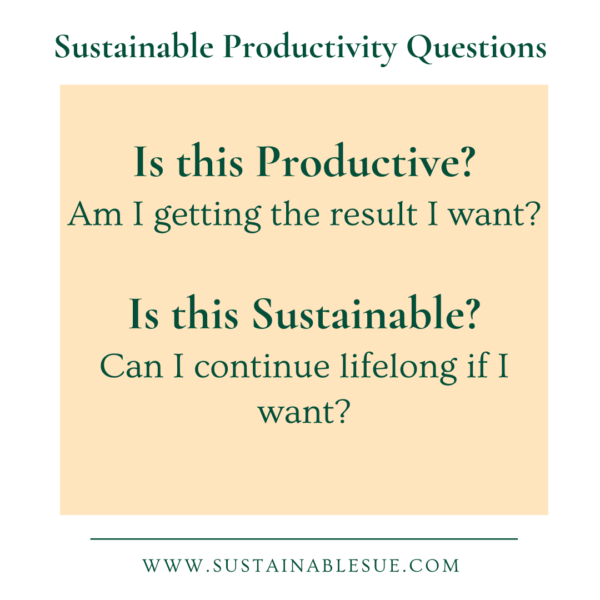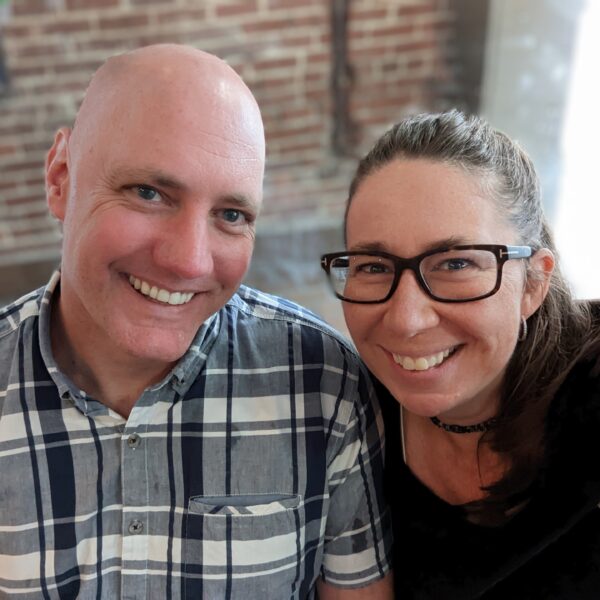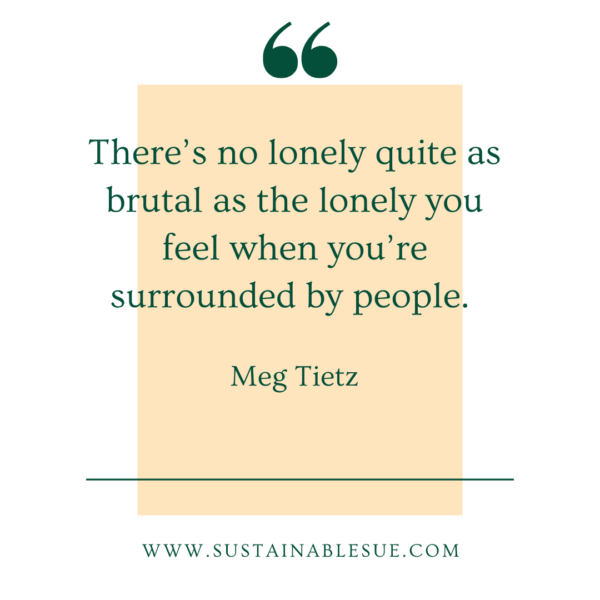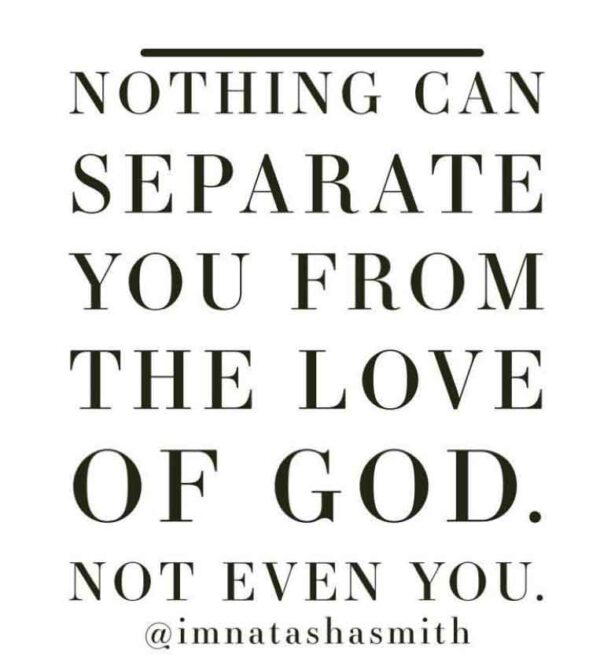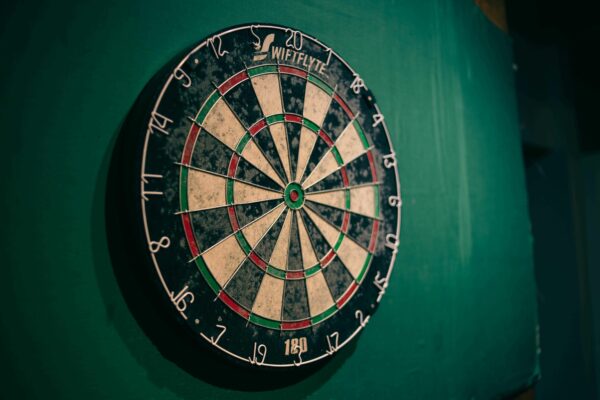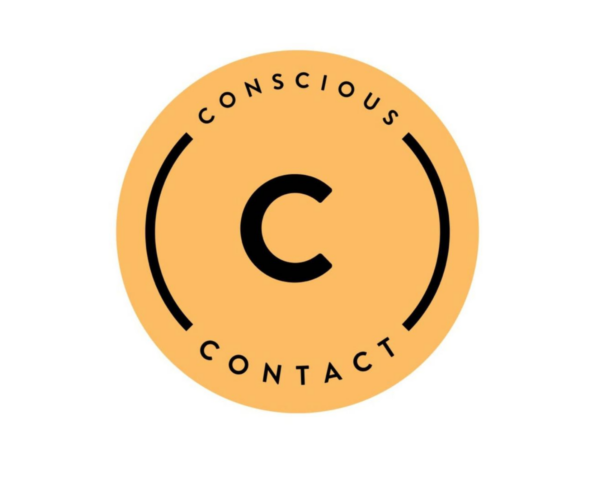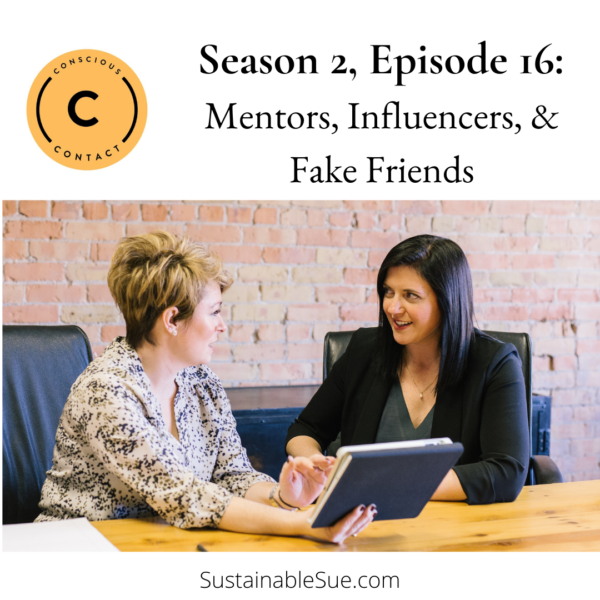Episode 22: How Your Relationships Impact Your Personal Productivity
Relationships are a component of the Mental Well-being dimension of Sustainable Productivity. When we talk about relationships in this context, we are talking about 2 different kinds of relationships – internal and external. In this episode we will dive into the relationship with your Higher Power (however that looks for you) as well as coworkers, spouses, and friends. Who is contributing to a sustainably productive life and what to do about those people leaving you drained and empty.
Here is what you can expect in this episode:
- What is one of – if not THE – most important relationships you can cultivate?
- When to know if cutting corners is the right thing.
- Science tells us how relationships impact our physical health.
Listen at the link below or search for “Sustainable Productivity with Susan Sanders” everywhere podcasts are available.
Links to Learn More
Links mentioned in this episode of the Sustainable Productivity podcast:
- Sign up for episode emails, weekly essays, and links so you never miss a thing!
- Read more about the nation’s return to religion as a result of the 9/11 terrorist attacks at this link
- CIGNA’s full report “Loneliness and the Workplace” can be found at this link
- Revisit what cortisol does to your body in Episode 1: Stress, Evolution, and Burnout by clicking here
- Laura Tremaine’s book The Life Council gives more insight into why relationships are important and how to cultivate different types. Order her book at this link
- Here is the recent pillow project Susan mentioned in her SPA this week:
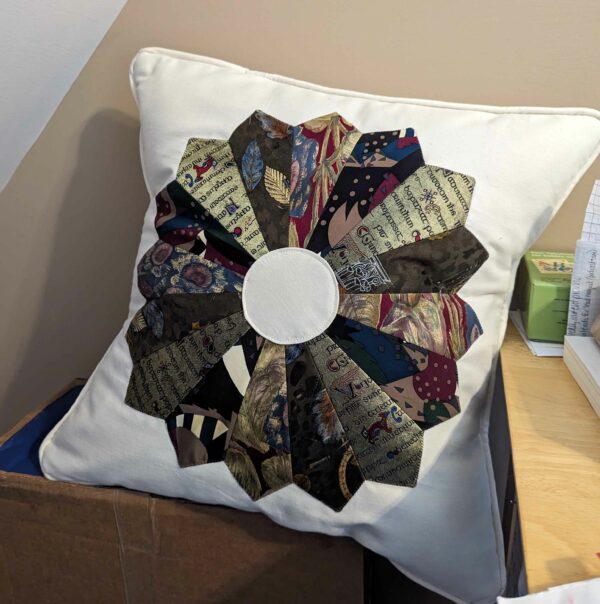
We would love to hear from you. Send your feedback on the episode, suggestions for future show topics or guests, and anything else to Susan@SustainableSue.com or in a DM on Instagram.
